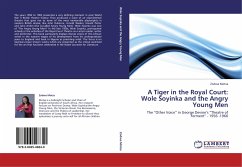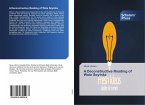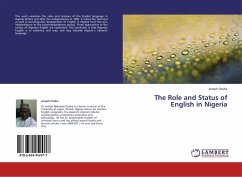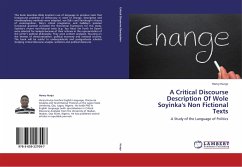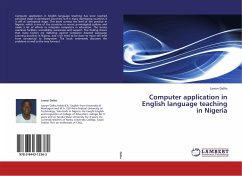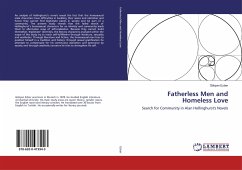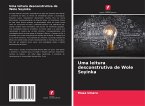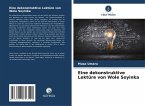The years 1956 to 1965 presented a very defining moment in post World War II British theatre history. They produced a wave of an experimental theatre that gave rise to some of the most memorable playwrights in modern British drama, like John Osborne, Arnold Wesker, Harold Pinter and John Arden (the so-called Angry Young Men). Wole Soyinka was one of "The Angry Young Men"! In the late 1950s, Wole Soyinka, participated actively in the activities of the Royal Court Theatre as a script reader, writer and performer. This book particularly displays diverse voices of this African writer in the nascent stages of his development from his undergraduate years to England and back in Nigeria as practising artist. The focus is on Soyinka's lesser known works which are presented as the critical seed-bed for the art that has been celebrated in the Nobel Laureate for Literature.
Bitte wählen Sie Ihr Anliegen aus.
Rechnungen
Retourenschein anfordern
Bestellstatus
Storno

